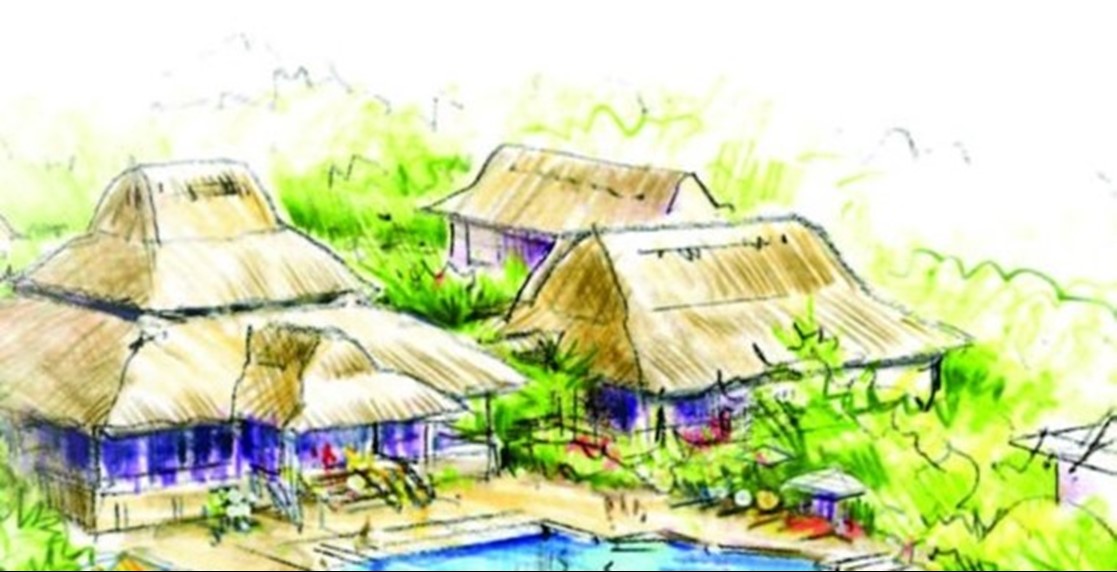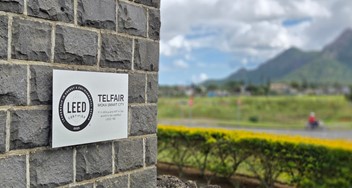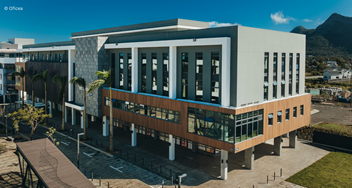The need to conserve water and electricity is high on every hotel operator’s agenda. There are both cost and morale rationale to save water and electricity. Coupled to that is the increase in guests sensibility towards environmental issues, which is driving them to look out for establishments which share their principles. Green tourism will therefore be the new demand and our hotels must be able to convince this new type and generation of guests about their responsibility towards the environment and sustainability.
In most countries, water consumption per guest in hotels vastly exceeds that of the local population. Island nations and tourism destinations can be those most prone to water shortage, particularly where the tourism season coincides with the driest months. Excessive use will mean water shortage becomes a problem – operational and cost - for hotels much quicker and could create reputational risk if a hotel is seen to be taking water from other users, in particular local communities.
Climate change is adding to the problem because our weather patterns have become less predictable and more pronounced. While a number of areas are experiencing periods of prolonged drought, the rain that falls in some other areas is heavier. This leads to flooding without sufficiently replenishing groundwater stocks. Climate change is exacerbated by the high carbon emissions resulting from the high use of electricity and other fossil fuels.
In hotels, the primary source of energy remains electricity, which in many countries is still produced primarily from fossil fuels. In Mauritius, 76% of our electricity production is from fossil fuel, with coal accounting to 45% and fuel oil 31%. It is predicted that electricity production from fossil fuel will fall by only 14% by 2025. There is a strong rationale therefore to reduce electricity consumption to mitigate the effects of climate change.
Hotels have both a strong commercial and moral imperative for addressing water and electricity use. Cost is a clear factor: water and electricity accounts for about 7-10% of total costs in many hotels whereas the costs of electricity could be very much higher. According to the UK’s Environment Agency, depending on their water efficiency, hotels can reduce the amount of water consumed per guest per night by up to 50% compared with establishments with poor performance in water consumption. The same case is possible with electricity consumption where the implementation of several energy savings strategies can significantly reduce energy consumed and therefore reduce carbon emissions.
Some hotels in Mauritius have already implemented several measures to reduce the consumption of water and electricity. Many more are considering of implementing these measures that will save them money and also be more sustainable. In the absence of proper data and information about these measures and their actual benefits, several hotels have either delayed its implementation or embarked on actions which did not bring in any significant benefit. Some even never recovered the investment made.
This study on water and electricity consumption in hotels provides valuable information on the actual benefits which can be realised in implementing energy and water reduction measures in hotels. Figures are now available which can help hoteliers fairly accurately estimate the savings potential and return on investments in a number of measures listed. This study will also help hoteliers in better planning in water and electricity infrastructure which can also lead in further savings. Designers of hotels will find this study useful in planning and sizing water tanks, transformers and generators and also water distribution networks.
The report contains benchmark values with other metrics like consumption per room and per unit built area. The survey methodology, response rates and other interesting facts about water and electricity consumption in hotels in Mauritius are also in the report.





